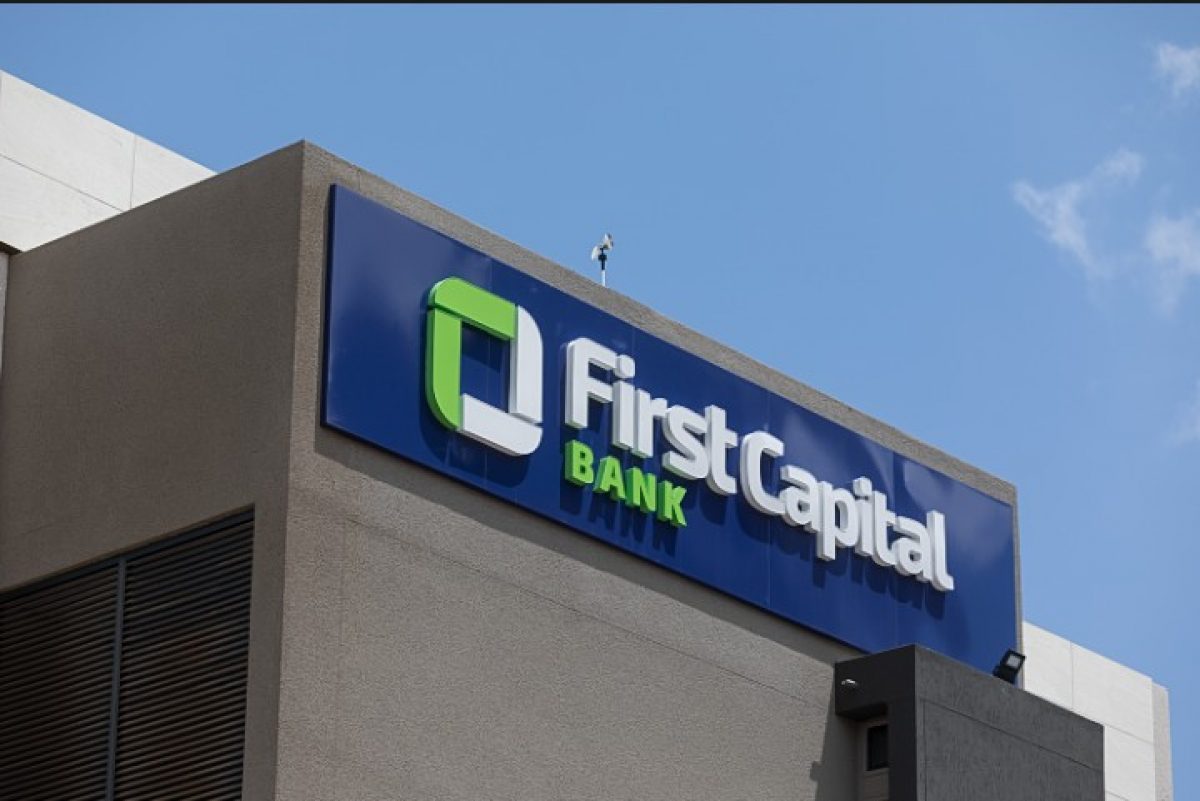First Capital Bank to focus on energy transition, climate-friendly agriculture
FIRST Capital Bank (FCB) has indicated that its 2024 strategy will focus on supporting industries driving the energy transition, promoting climate-friendly agriculture and fostering business growth.The bank recognises the potential for bolstering green energy projects and aims to align its strategy with the National Development Strategy 1 (NDS1) for 2021-2025.
The strategic direction is in line with the Government’s vision and efforts to invest significantly in key sectors such as mining, agriculture, tourism and manufacturing, while also prioritising the development of alternative clean energy sources.
The country has already made an ambitious commitment to reduce carbon emissions by 40 percent on its Low Emission Development Strategy (Leds) by 2030 through providing communities with alternative energy and proper waste management.
To complement this effort, more local companies have started using renewable energy such as solar while broader initiatives such as investing in new smaller hydro-power plants, wind and establishment of bio-digesters in rural areas are being worked on.
“In 2024, our strategy will be driven by our growing desire to support sectors leading in the energy transition, climate-friendly agricultural production and business growth,” the bank said in its 2023 annual report for the period ended December 31, 2023
The bank said despite weak global commodity prices expected to result in depressed activity in the mining sector, including delays to planned expansion projects, low rainfall that could depress electricity supply as water allocation for hydro-power generation is curtailed, Zimbabwe’s economy is expected to continue to show resilience, providing opportunities for financing in critical areas.
“The power challenges come with new opportunities to extend support to clients transitioning to green energy solutions. We continue to assess further opportunities in areas that promote sustainable agriculture and export-led growth.”
The Victoria Falls Stock Exchange-listed financial institution broadened its contribution to the growth of the economy in 2023, by delivering custom-made support that targeted the most impactful and sustainable sectors of the economy.
The financial institution noted that its loan book remained resilient in 2023 in the wake of increasing economic headwinds.It said its intervention had a special focus on segments that promote sustainability and climate resilience.
In the period under review, on lines of credit, the bank noted that it accelerated drawdowns on the EUR12.5 million secured from the European Investment Bank (EIB) in 2022.
“The fund was almost fully allocated by end of the year. This facility provided essential financing to medium-sized enterprises in the productive sectors.
“Additionally, in 2023, we secured a US$20 million line of credit from the African Export-Import Bank (Afreximbank), specifically targeting trade. Close to half of the facility was drawn down, reflecting the strong demand for such instruments in the Zimbabwean market. Leveraging our Group’s presence in key trade partner countries, we are facilitating seamless cross-border transactions for Zimbabwean imports and exports.”
This year, it noted that collaborations with global financial institutions are expected to yield more such beneficial facilities.
“Among these is a US$15 million trade finance line of credit with the African Development Bank, whose processing is advanced. The Bank is also advanced in steps to secure a US$10 million export finance facility with the Trade and Development Bank, which will have a positive impact on supporting trade.”
In the period under review, the bank’s core capital increased by three percent from US$50.9m as of 31 December 2022 to US$52.5m as at 31 December 2023.
The level is above the regulatory minimum of US$30m with a comfortable margin of safety being maintained.
The Bank’s capital adequacy ratio remained strong, closing the period at 28 percent, which is well above the regulatory minimum of 12 percent.
With a liquid assets ratio of 52 percent, the Bank carried a comfortable buffer above the regulatory minimum of 30 percent representing capacity to underwrite more business.
Meanwhile, FCB chairperson, Mr Patrick Devenish said the listing on the Victoria Falls Stock Exchange further consolidated its commitment and positions the bank strategically to attract high-quality funding and make a lasting contribution to the growth of the economy.-chroncile











